
OR
Condition of public toilets remain same despite hike in budget
Published On: February 13, 2017 12:40 AM NPT By: RUHEE SHRESTHA
KATHMANDU, Feb 13: Fifty-year-old Narayan Kumar Shrestha, a local fruit vendor of New Road, is often asked the same question repeatedly: "Is there a toilet around ?"
Without a second thought, he gives a standard response saying, "Go to Bishal Bazar which is nearby or walk up to the metropolitan city office and pay Rs 2 for the service.” He further informs about the poor state of public toilets that are available in the vicinity.
Parwati Budhathoki, 30, who sells ornaments at Basantapur Durbar Square, is also not happy with the state of public toilets. "The public toilets lack basic amenities such as soap, trash bin, tap water which are very necessary for women, especially during their menstruation cycle," said Budhathoki.
Talking about public toilet does not excite another street vendor, Raju Karki, at Ratnapark either. Karki believes in resistance rather than answering the nature's call. “We have no choice. We don't see a clean toilet anywhere. Yes, there are few toilets but they are so filthy that they cannot be used by anyone. Even mobile toilets do not come around anymore,” he said, adding, “If you go to public toilets here, you may want to be careful of possible health hazards.”
Currently, there are 32 public toilets operating in the valley, and an improved, disabled-friendly toilet is under construction at Ratnapark area, according to Kathmandu Metropolitan City officials. Mobile toilets are very rare to spot though.
“However, there are future plans of improving the condition of the existing public toilets", says Rabin Man Shrestha, chief of the Environment Section of Kathmandu Metropolitan City and director of Sustainable Solid Management Project.
According to the Ministry of Finance, the government has allocated 2.1 percent (Rs 22 billion) of its total budget of Rs 1.05 trillion for drinking and sanitation for the fiscal year 2016/17, which is a significant increase from previous years. The government had spent only 1.85 percent (Rs 9.8 billion) and 1.75 percent (Rs 12.3 billion) during the fiscal years 2014/15 and 2015/16 respectively.
Although the government is keen on improving services related to water and sanitation by increasing the budget, effective utilization of resources is needed for the implementation of the budget, say the concerned officials.
You May Like This
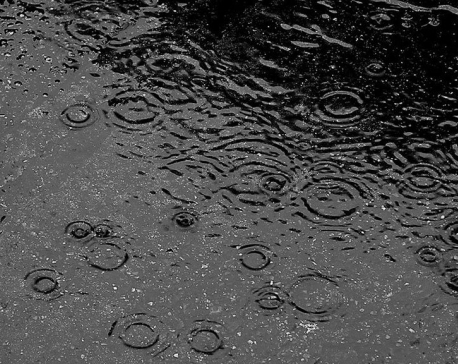
Weather condition to remain similar on Saturday
KATHMANDU, March 10: Meteorological Forecasting Division (MFD) said the weather condition on Saturday across the country would remain similar to... Read More...

Declared ODFZ two years ago, 40 percent of toilets remain useless in Udayapur: Study
GAIGHAT, Oct 23: Although the district was declared open defecation-free zone (ODFZ) two years ago, approximately 40 percent toilets have... Read More...

Public outcry over decision to lease public land to ruling party
BIRGUNJ, Aug 25: The decision of local authorities of Parsa to approve the lease of Rs 80 million worth of... Read More...


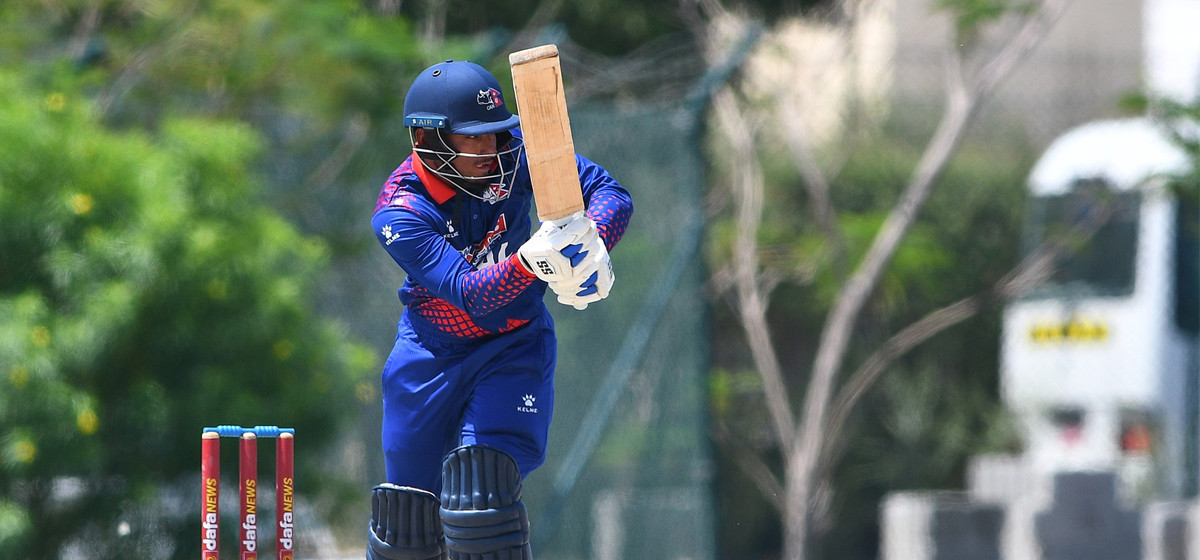
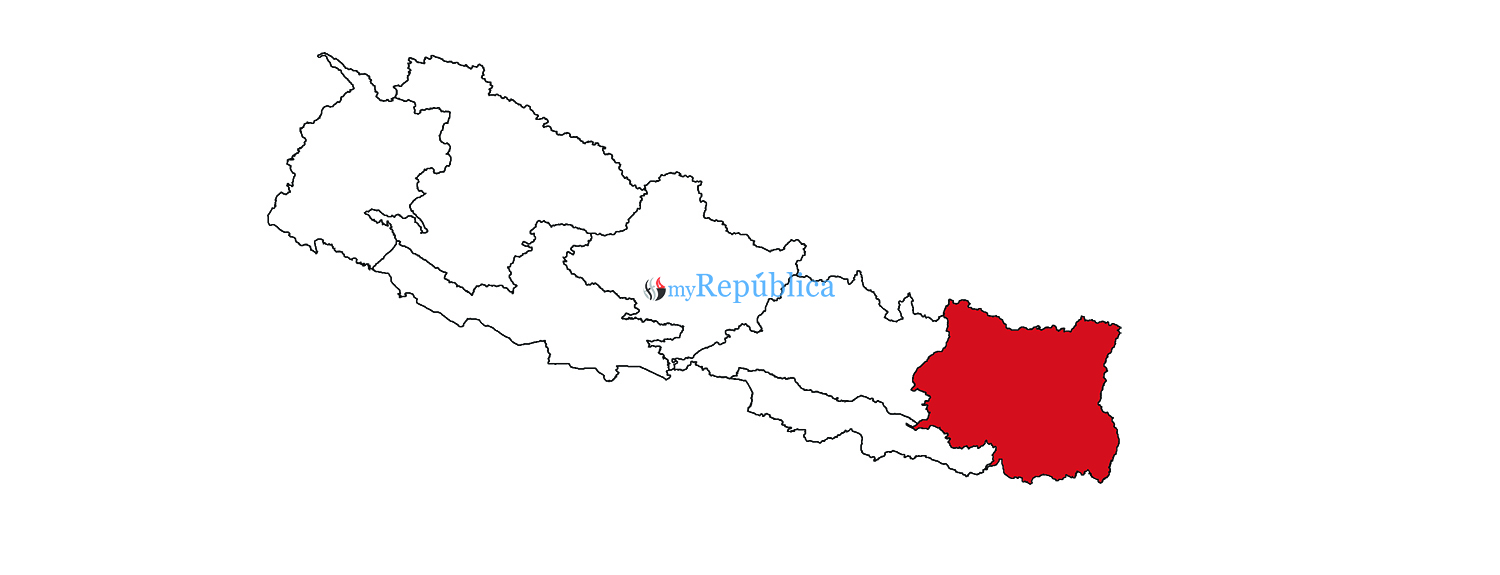
Just In
- 850 grams of gold seized from Indian national at TIA
- Rupandehi District Court orders to release Dipesh Pun on a bail of Rs 400,000
- Teachers’ union challenges Education Minister Shrestha's policy on political affiliation
- Nepal sets target of 120 runs for UAE in ACC Premier Cup
- Discussion on resolution proposed by CPN-UML and Maoist Center begins in Koshi Provincial Assembly
- RBB invites applications for CEO, applications to be submitted within 21 days
- Telephone service restored in Bhotkhola after a week
- Chemical fertilizers imported from China being transported to Kathmandu








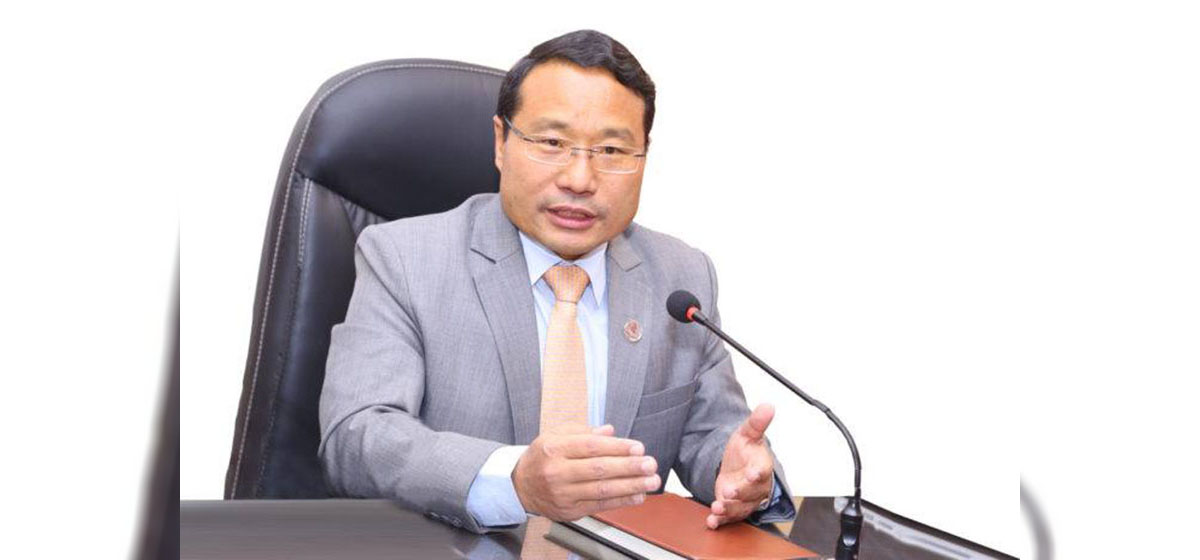



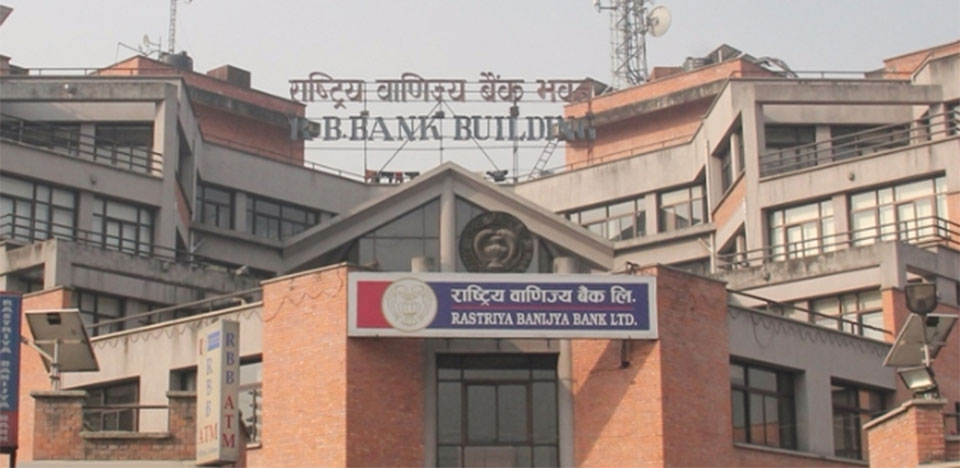
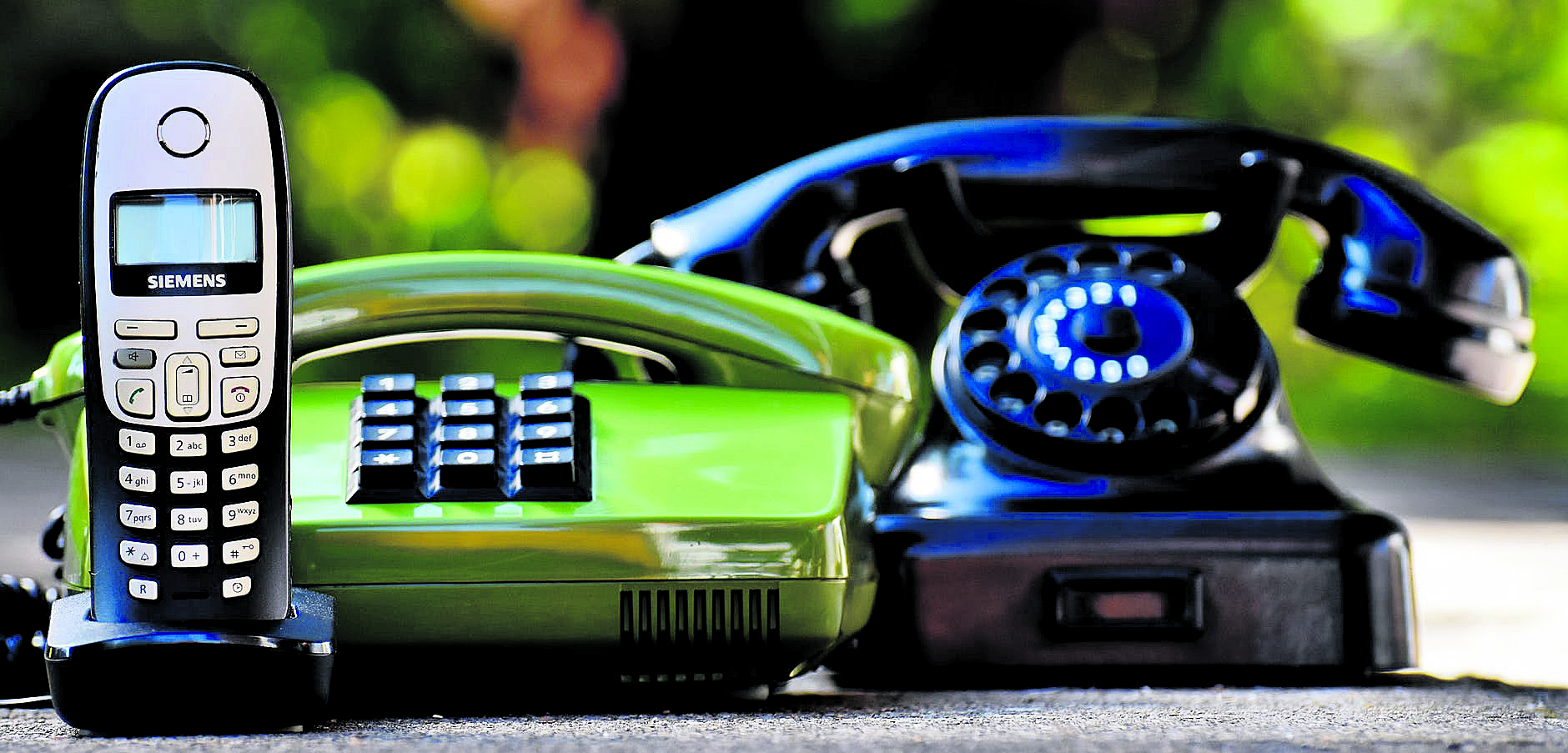

Leave A Comment